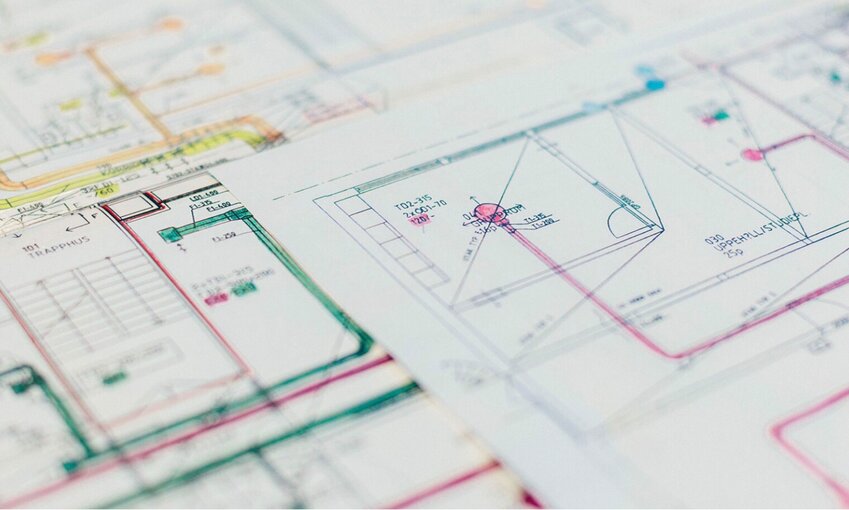 (Credit: Ecopilot)
(Credit: Ecopilot)A Marriott hotel in Halifax, Nova Scotia, has installed an artificial intelligence solution for HVAC energy efficiency, claiming it is the first in North America to use AI for carbon reduction and energy management. The Halifax Marriott Harbourfront installed the AI solution in June; five months into the project, it had reduced natural gas consumption by 24.5% and electricity by 3%, according to the hotel.
The artificial intelligence solution from Ecopilot automatically and continually optimizes HVAC performance while also identifying system issues that the hotel’s management was previously unaware of. Such visibility into the HVAC system leads to recommendations for greater efficiencies that will result in additional energy savings. The project, which was eligible for rebate through Efficiency Novia Scotia, is on track to exceed the estimated savings originally guaranteed by Ecopilot.
Ecopilot is a system based on using “all the surplus energy which is generated in a building,” the company explains. A building’s structure serves as a heat and cold storage. Ecopilot uses a building’s hot and cold thermal storage capacity, which means that “every building can be controlled optimally based on its specific conditions.”
The system takes into account the indoor temperature, air quality and external factors such as the sun, wind force, wind direction and temperature. In addition, a local weather forecast is used, allowing the system to plan for five days ahead. “In this way, Ecopilot can compensate, equalize and utilize different weather conditions in a timely manner,” according to the company. The company has more than 1,000 installations globally.
In its recently released Sustainability & Social Impact Report, Marriott International claimed that, in its bid to “embed sustainability” into its business strategy, it continuously works to improve building design standards to drive efficient use of energy in its hotels. In 2019, internal analysis showed that its newly built hotels that opened between 2012 and 2019 had an energy intensity value 6.68% lower than that of new build hotels that opened before 2012.
These efficiency standards will be applied for new and renovated hotels in order to move more of the portfolio toward less energy- intensive buildings, the company says.